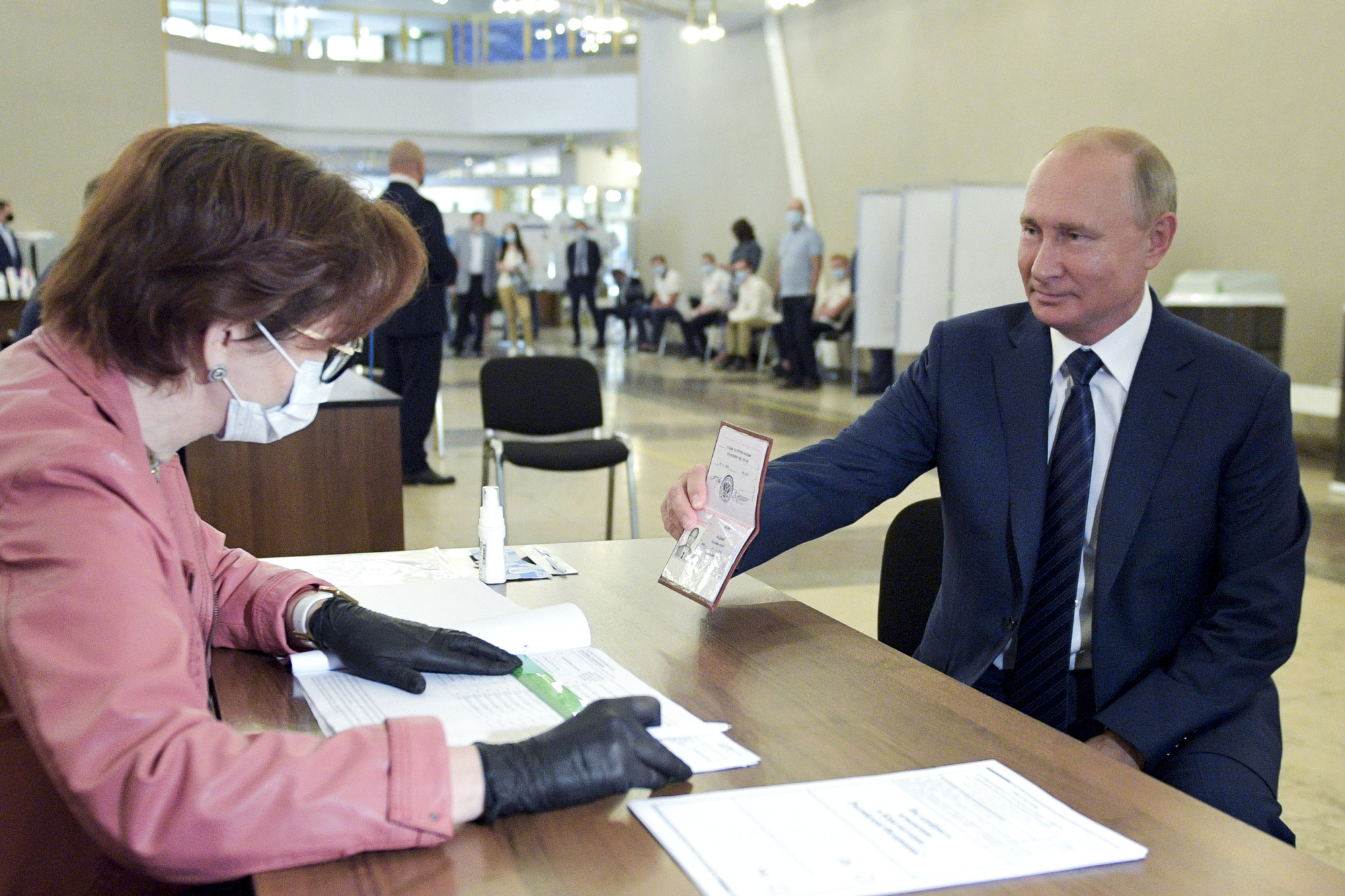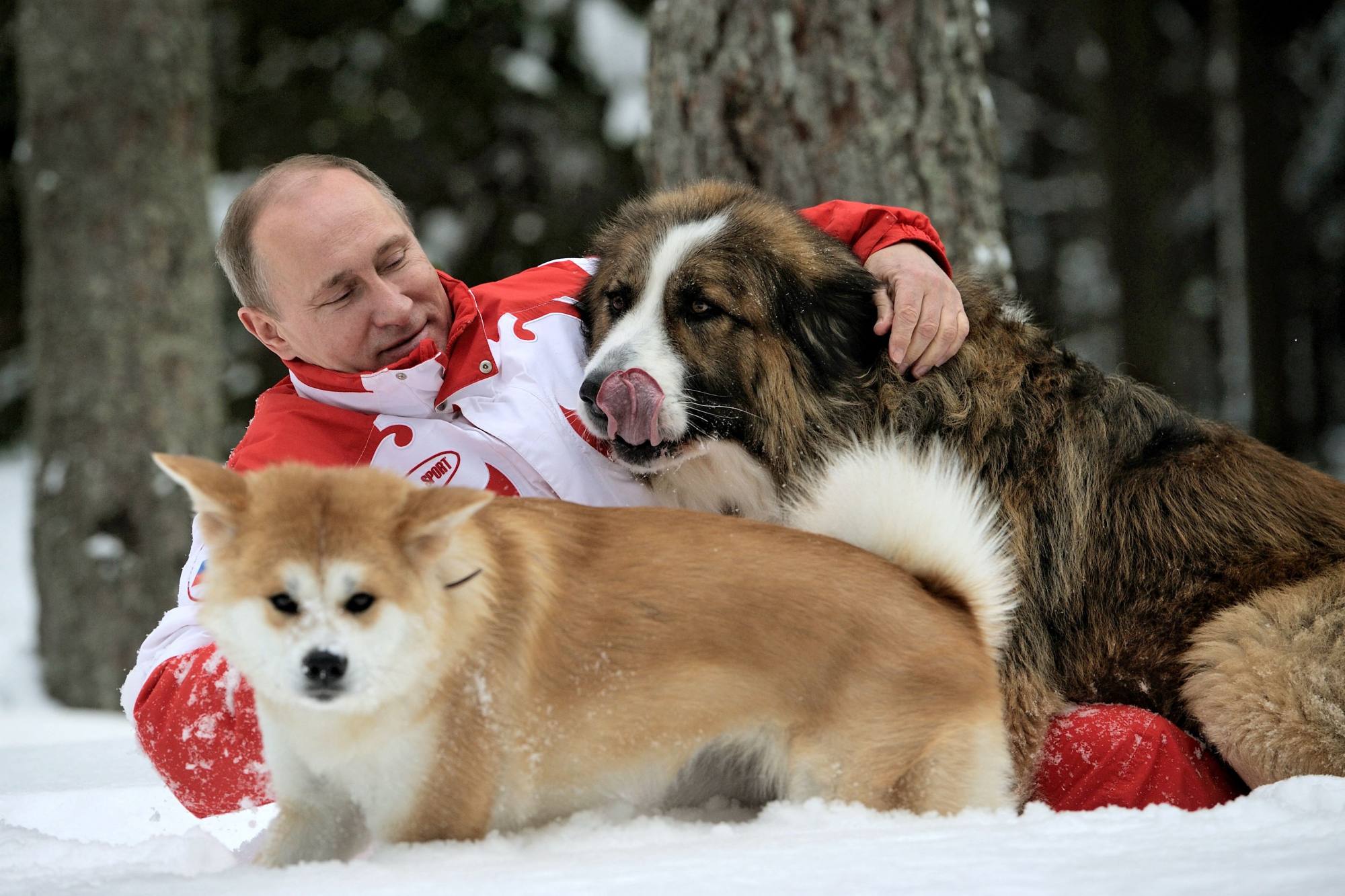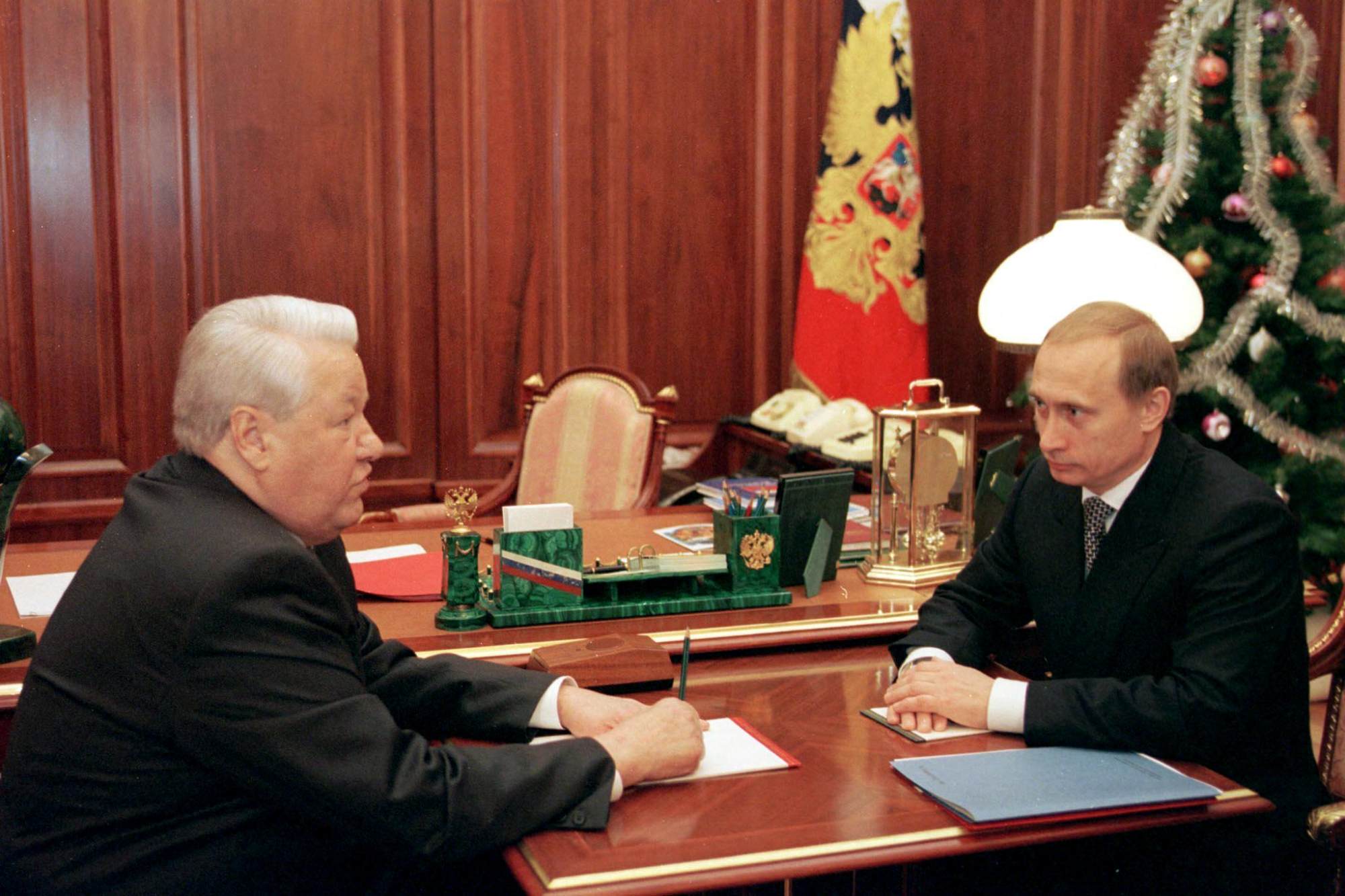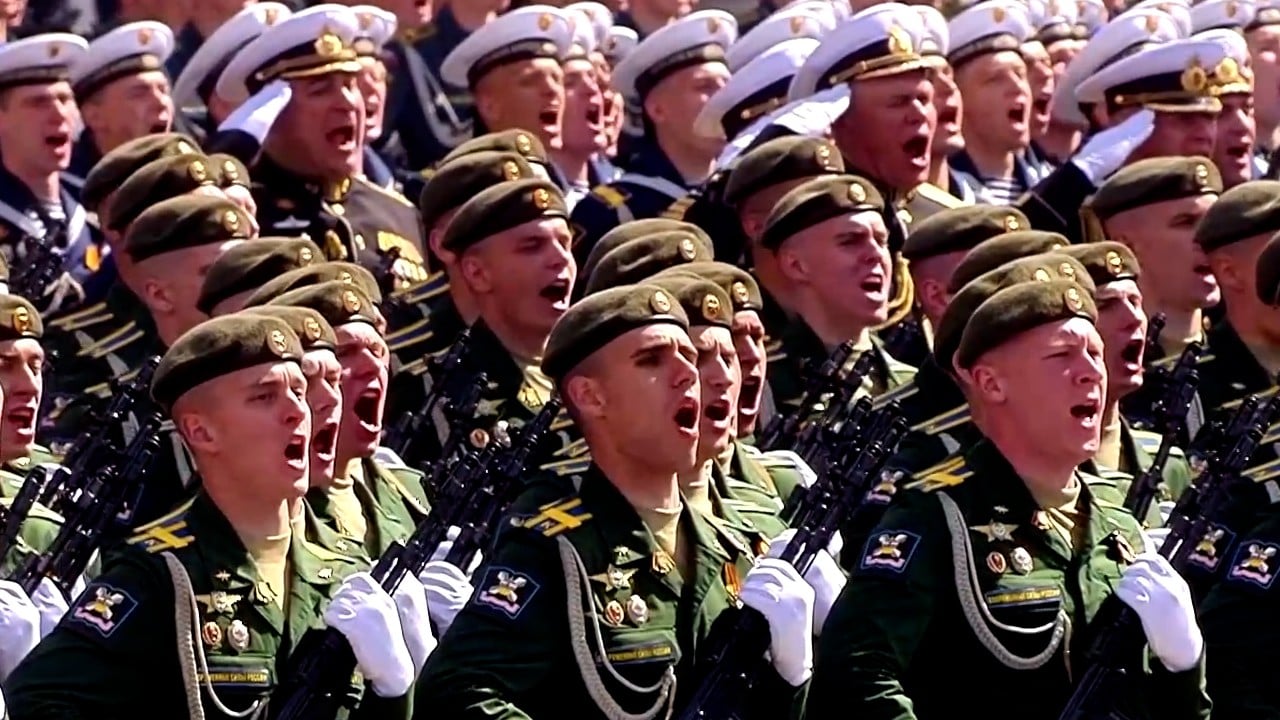About 80 per cent of the populace approves of his performance, according to the independent pollster Levada Center. That support might come from the heart, or it might reflect submission to a leader whose crackdown on any opposition has made even relatively mild criticism perilous.
Whether due to real or coerced support, Putin is expected to face only token opposition on the ballot.
Putin, 71, has twice used his leverage to amend the constitution so he could theoretically stay in power until he is in his mid-80s. He already is the longest-serving Kremlin leader since Soviet dictator Joseph Stalin.

In 2008, he stepped aside to become prime minister due to term limits but remained Russia’s driving force. Presidential terms were then extended to six years from four, while another package of amendments he pushed through three years ago reset the count for two consecutive terms to begin in 2024.
“He is afraid to give up power,” said Dmitry Oreshkin, a political analyst and professor at Latvia’s Free University of Riga.
At the time of the amendments that allowed him two more terms, Putin’s concern about losing power may have been elevated: Levada polling showed his approval rating significantly lower, hovering around 60 per cent.
In the view of some analysts, that dip in popularity could have been a main driver of the war that Putin launched in Ukraine in February last year.
“This conflict with Ukraine was necessary as a glue. He needed to consolidate his power,” said commentator Abbas Gallyamov, a former Putin speech-writer now living in Israel.
Brookings Institution scholar Fiona Hill, a former US National Security Council expert on Russian affairs, agrees that Putin thought “a lovely small, victorious war” would consolidate support for his re-election.
“Ukraine would capitulate,” she said. “He’d install a new president in Ukraine. He would declare himself the president of a new union of Belarus, Ukraine and Russia over the course of the time leading up to the 2024 election. He’d be the supreme leader.”
The war did not turn out that way. It devolved into a gruelling slog in which neither side makes significant headway and posed severe challenges to the rising prosperity integral to Putin’s popularity and Russians’ propensity to set aside concerns about corrupt politics and shrinking tolerance of dissent.
Philip Short, author of the 2022 book Putin believes the Russian leader had wanted to put in place a political transition before 2024 “so that he didn’t have to stand again”, but that his struggles in Ukraine have forced him to stay on.

Tatiana Stanovaya of the Carnegie Russia Eurasia Center said Putin “believes that when you serve a state, you can’t leave your post in the difficult situation”.
Although Putin has long abandoned the macho photo shoots of bear hunting and scuba diving that once amused and impressed the world, he shows little sign of slowing down. Photos from 2022 of him with a bloated face and a hunched posture led to speculation he was seriously ill, but he seems little changed in recent public appearances.
Putin’s rule has spanned five US presidencies, from Bill Clinton to Joe Biden. He became acting president on New Year’s Eve in 1999, when Boris Yeltsin unexpectedly resigned. He was elected to his first term in March 2000.

When he was forced to step down in 2008 by term limits, he shifted to the prime minister’s post while close ally Dmitry Medvedev served as a place holder president.
When Putin announced he would run for a new term in 2012 and Medvedev submissively agreed to become prime minister, public protests brought out crowds of 100,000 or more.
“He’s a wartime president, is mobilising the population behind him,” Hill said. “And that will be the message around the 2024 election, depending on where things are in the battlefield.”


